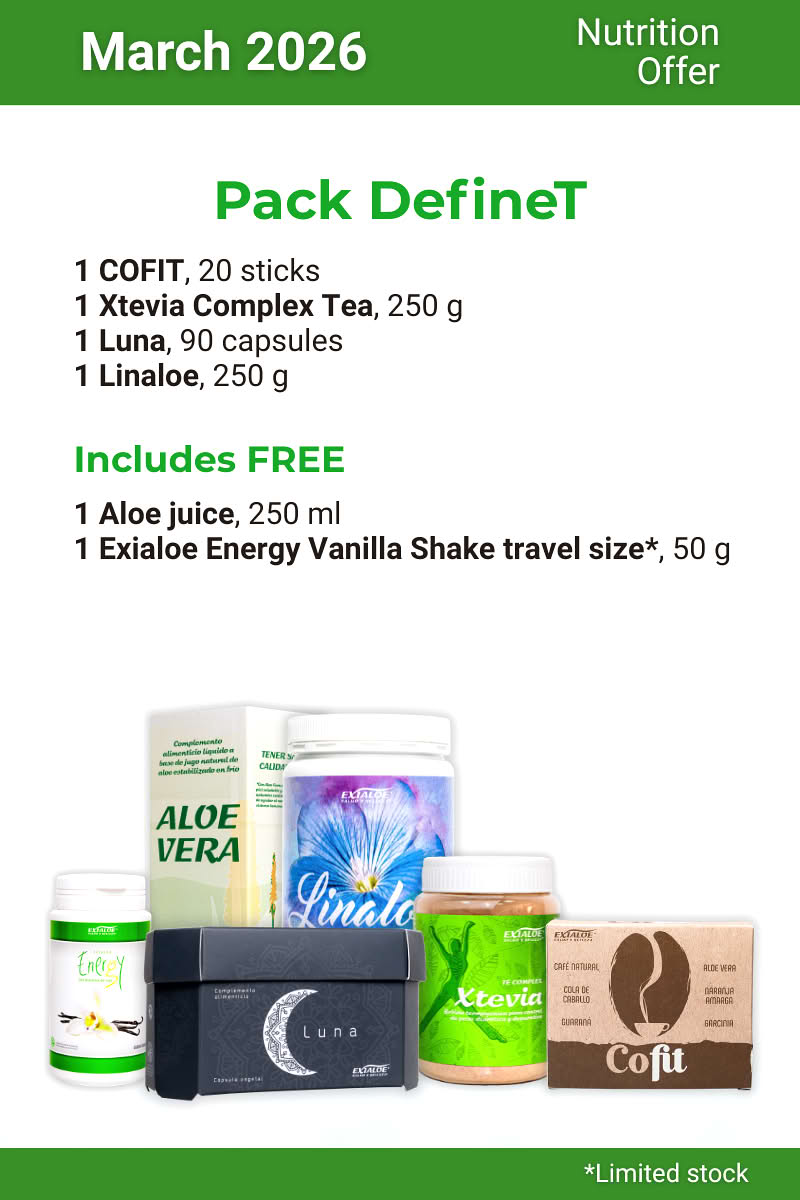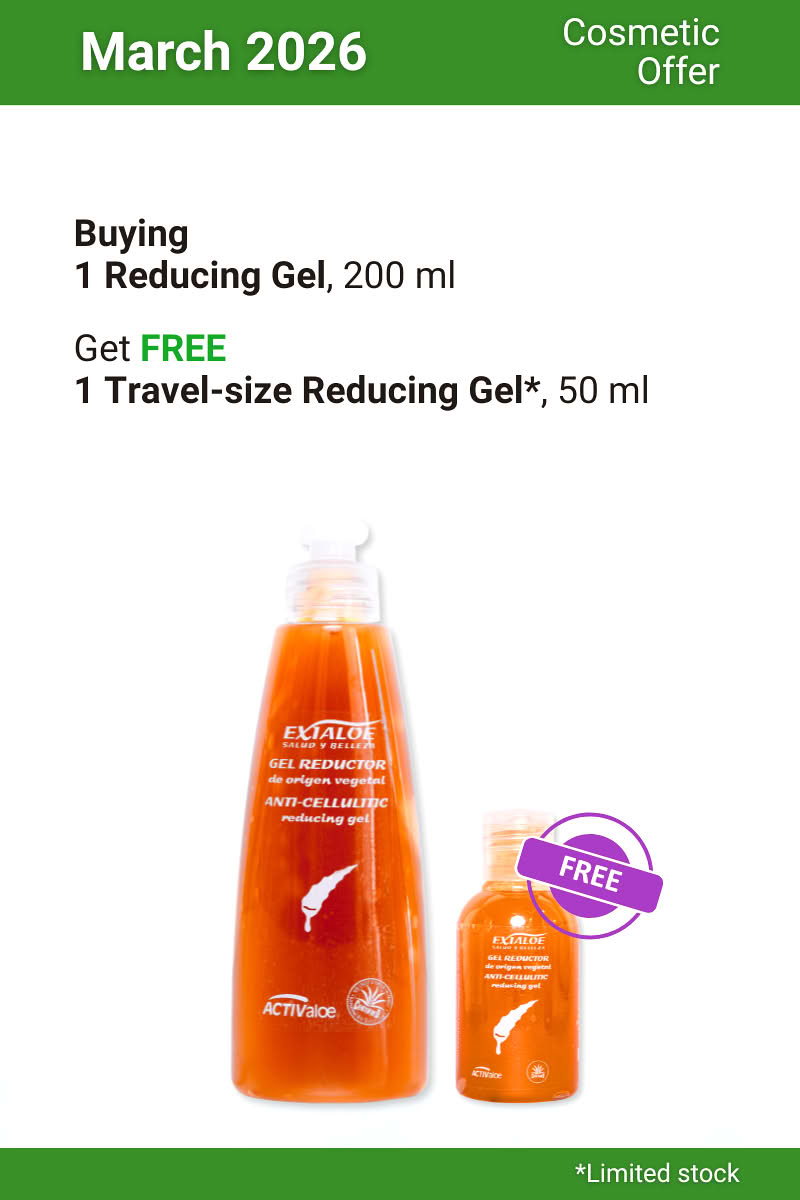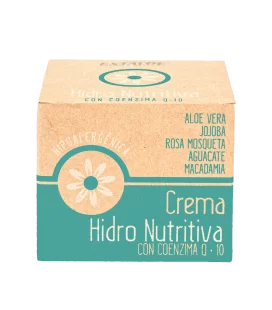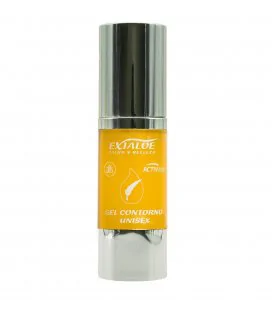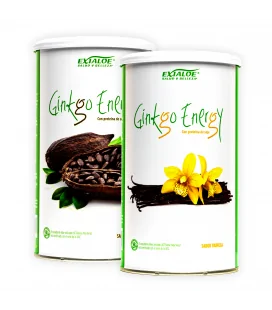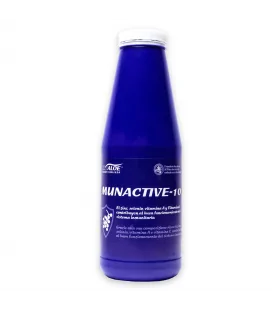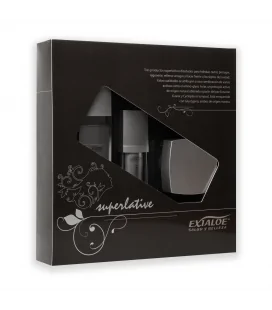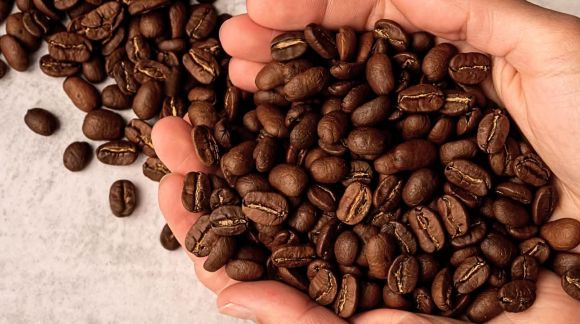
Coenzyme Q10 - Benefits for your skin and health
Bombarded by "beauty health", there are many cosmetic products that we can find to prevent ageing, with their specific recommendations and "before and after" photos, retinols, alpha and beta hydroxy acids, vitamin C and many more.
In this article we will focus on Coenzyme Q10, perhaps not so famous or not so mentioned, but widely used and with many studies behind it, it is one of the anti-ageing elements that we can review.
Why does skin age?
The ageing process is complex and is caused by an increase in cellular oxidation.
We know that 80% of skin ageing is due to exposure to ultraviolet radiation, we call this "photoageing".
As it is responsible for most ageing, we can approximate ageing to photoageing. When the skin receives ultraviolet radiation from the sun, oxygen free radicals are formed inside the cells which cause oxidative damage to proteins, lipids and DNA and are responsible for ageing.
Ageing skin is characterised by the appearance of spots and wrinkles caused primarily by the replacement of the dermal matrix of collagen with elastin.
The skin can defend itself against this cell damage by two mechanisms:
- Enzymatic: they prevent damage caused by free radicals, examples are Superoxide dismutase (SOD), catalase and glutathione peroxidase.
- Non-enzymatic: through antioxidants naturally present in the skin, the main ones being vitamin E, vitamin C and Coenzyme Q10.
What is Coenzyme Q10?
Coenzyme Q10 is also called Ubiquinone and is the only known endogenous fat-soluble substance with an antioxidant effect. It belongs to a family of antioxidants naturally present throughout the body, only in varying levels. In organs with a high degree of metabolism, such as the brain, kidney, liver and heart, Coenzyme Q10 levels are higher.
It performs multiple functions in the human cell and has been linked especially to mitochondrial functions.
We know that Coenzyme Q10 levels decrease with age and exposure to ultraviolet radiation. Levels may also be decreased in nutritional deficiencies.
Genetic alterations involved in its synthesis have also been described, leading to deficits in its production by the body and some diseases associated with low levels, such as Parkinson's disease or Friedreich's ataxia.
Coenzyme Q10 supplementation has been used effectively in neurodegenerative diseases, cardiovascular disease, kidney disease, atherosclerosis, inflammation, and osteoporosis.
All animals, including humans, can synthesise Coenzyme Q10 and it is found naturally and ubiquitously in foods such as chicken, eggs, cereals, meat, fruits, and vegetables.
It is easy to ingest. In addition, Coenzyme Q10 is a very popular dietary supplement and is present in many over-the-counter supplements. The dosage at which to supplement healthy adults is not well defined and ranges from 30 to 150 mg per day.
What effects does Coenzyme Q10 have on the skin?
1. Protection from ultraviolet radiation damage
It prevents oxidative damage to the skin, as Coenzyme Q10 is a powerful antioxidant and protects keratinocytes from ultraviolet radiation damage, both UVA and UVB.
2. It is anti-ageing
Coenzyme Q10 prevents chrono- and photo-ageing, i.e. it acts on both forms of ageing, that of time and that of the sun. The cells that make up the support and matrix of the skin are fibroblasts. The Coenzyme Q10 in them, as well as protecting them from ultraviolet light damage, stops ageing caused by time. It organises the support matrix of the dermis and produces collagen, resulting in luminous, more beautiful skin.
3. It is anti-wrinkle
It has been shown in several studies to reduce the depth of wrinkles, both in cream and in oral supplementation. In a study on 33 patients compared to placebo, coenzyme Q10 supplementation at a dose of 150 mg/day for 12 weeks reduced wrinkles, increased elasticity and improved seasonal skin changes during winter.
4. General anti-inflammatory
In a recent review of studies investigating the effects of oral supplementation of Coenzyme Q10 on various inflammatory diseases, Coenzyme Q10 was shown to decrease markers of inflammation in the blood.
5. Prevention of skin cancer in high-risk patients
Oral coenzyme Q10 supplementation is used in skin cancer, melanoma, and non-melanoma prevention programmes in patients with Xeroderma pigmentosum. Xeroderma pigmentosum is a disease in which the DNA repair processes of skin cells are altered by ultraviolet radiation from the sun.
6. Potential treatment for psoriasis
In a study of 58 patients with severe erythrodermic or arthropathic psoriasis treated with conventional treatments, half of them were supplemented with Coenzyme Q10, vitamin E and oral selenium. The supplemented patients showed significant clinical improvement.
How can I use Coenzyme Q10 to improve my skin?
1. In creams
Not all compounds are able to penetrate the skin, as the top layer, the stratum corneum, acts as a barrier. Coenzyme Q10 penetrates gradually, and higher concentrations are obtained in the superficial layers than in the deeper dermis, where it only reaches 2%.
2. Oral
Oral supplementation with Coenzyme Q10 is simple and safe in adults and children, up to doses of 1200 mg/day and 10 mg/kg/day, respectively.
There are differences in absorption, depending on the formulation, and Ubiquinol (reduced form) is better absorbed than Ubiquinone (oxidised form). Co-supplementation with Riboflavin or vitamin B6 improves its absorption and function.
Coenzyme Q10 at Exialoe
At Exialoe we have a wide range of products rich in Coenzyme Q10, both in creams and orally.
In creams we have the entire Hydro-Nourishing range, the Superlative range, the contouring gel and argan oil.
To eat, we can highlight the Munactive-10 and the different shakes in our catalogue.
Featured articles
How to choose a good thermogenic coffee?
Did you know your daily coffee can help you burn fat? Forget miracle diets and discover the power of thermogenic...Read More
Coffee: Energy, Antioxidants, and Culture in a Bean - Exialoe
Did you know coffee is a top source of antioxidants? It doesn’t just wake you up; it boosts metabolism and protects...Read More
How to Take Care of Your Eyes in the Digital Age
Today, we strain our eyes more than ever. In this article, we discuss the modern challenges facing our visual health...Read More

